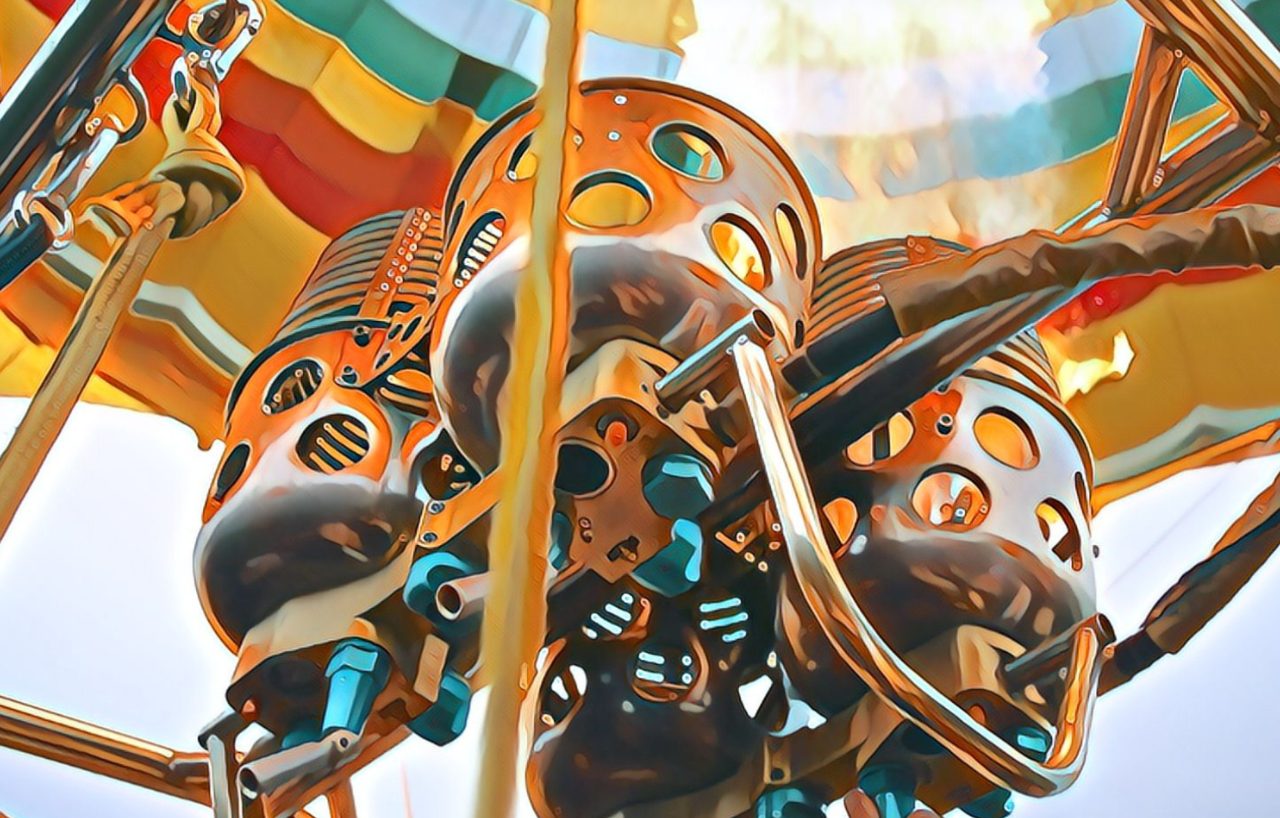Wikipedia, the free online encyclopedia, stands as a testament to the power of the internet and collaborative effort. Launched in 2001, it has become a cornerstone of information access, empowering users worldwide with a vast and ever-growing repository of knowledge. This article delves into the fascinating history of Wikipedia, exploring its origins, core principles, impact, and ongoing journey.
From Nupedia’s Struggles to Wikipedia’s Birth
The seeds of Wikipedia were sown in the vision of Jimmy Wales and Larry Sanger, who in 2000, embarked on creating Nupedia, a free online encyclopedia with expert-authored content. Nupedia, however, faced a significant hurdle – its reliance on a rigorous peer-review process led to a painstakingly slow content creation rate. Recognizing this limitation, Sanger proposed a complementary project – a wiki-based encyclopedia where anyone could contribute and edit articles. This marked the birth of Wikipedia, a name derived from “wiki” (referencing collaborative editing software) and “encyclopedia.”
On January 15, 2001, Wikipedia launched as a separate entity from Nupedia. Initially, the user base was small, but the open editing model fueled rapid growth. Enthusiastic contributors began adding and expanding articles, transforming Wikipedia into a dynamic platform for knowledge creation.
The Open Editing Model: A Double-Edged Sword
One of Wikipedia’s defining characteristics is its open editing model. Unlike traditional, static encyclopedias, Wikipedia allows anyone with an internet connection to contribute content and edit existing articles. This democratization of knowledge creation fosters a vibrant community of editors and enthusiasts. However, this openness also presents challenges. The potential for vandalism and inaccuracies is an ever-present concern. To address these issues, Wikipedia established a system of registered users, editorial oversight, and a clear set of guidelines. Experienced editors constantly patrol the site, reviewing edits, ensuring factual accuracy, and maintaining a neutral point of view.
The open editing model has been a subject of debate, with some questioning its reliability. However, Wikipedia’s commitment to constant improvement and its transparent editing history allow users to assess the credibility of information. Additionally, the vastness of Wikipedia’s community acts as a self-correcting mechanism. Inaccuracies are often quickly identified and addressed by other contributors.
A Global Tapestry of Knowledge
As Wikipedia’s popularity soared, it transcended geographical and linguistic boundaries. Separate language editions began to emerge, catering to diverse audiences around the world. Today, Wikipedia boasts over 300 language versions, with the English edition remaining the largest and most comprehensive. This global expansion ensures that knowledge is accessible to a wider audience, fostering intercultural understanding and promoting the dissemination of information in a multitude of languages.
The Wikimedia Foundation: A Non-Profit Champion of Free Knowledge
In 2003, the Wikimedia Foundation, a non-profit organization, was established to oversee Wikipedia and other related projects. The Foundation plays a critical role in ensuring the smooth operation of the website, managing donations, and upholding Wikipedia’s core mission of providing free access to knowledge for everyone. Through fundraising initiatives and grants, the Foundation supports the technical infrastructure, promotes Wikipedia’s growth, and advocates for open access to information.
Impact and Recognition: A Beacon of Information in the Digital Age
Wikipedia’s impact on the digital landscape is undeniable. It has revolutionized access to information, empowering individuals with the ability to learn and explore a vast array of topics. Millions of users worldwide rely on Wikipedia as a trusted source of information, making it one of the most visited websites on the internet.
However, Wikipedia’s journey hasn’t been without criticism. Concerns regarding reliability, neutrality, and potential biases have been raised. The platform has also faced challenges with vandalism and misinformation campaigns. Despite these criticisms, Wikipedia continues to evolve, constantly refining its editorial processes and incorporating new tools to combat misinformation.
Overall, Wikipedia stands as a landmark achievement in the democratization of knowledge.pen_spark It has fostered a global community of volunteers who contribute their expertise and time to create and maintain this invaluable resource. As Wikipedia continues to grow and adapt, it remains guided by the principles of openness, collaboration, and the pursuit of freely accessible knowledge for all.



